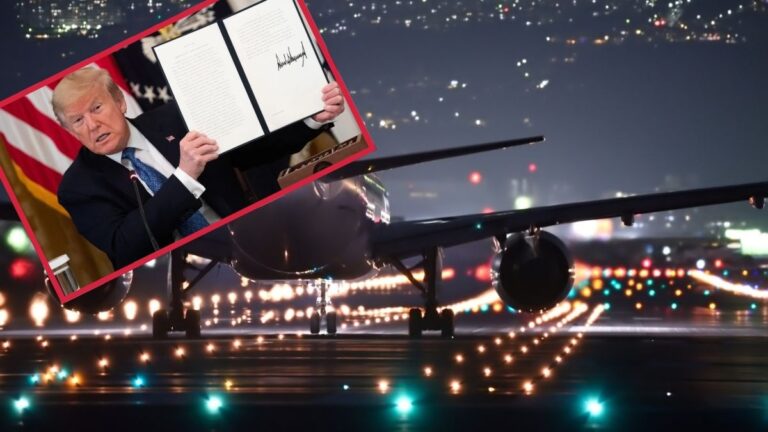
Trump bans 19 countries. News. President Donald Trump has signed a new order that bans people from 19 countries from entering the United States. The new rules will start on Monday, June 9. Twelve countries are completely banned, while seven countries have partial restrictions, which means only certain visa types or people are affected.
Who is affected by the ban?
According to the new order, citizens of 19 countries will face entry restrictions starting June 9.
- 12 countries are under a full ban.
- 7 countries have limited restrictions for some visas or certain categories of people.
According to The Washington Post, this decision was made for national security reasons. U.S. officials say these countries do not follow American rules for passport and ID checks, and many of their citizens stay too long in the U.S. after arriving.
Countries with a full travel ban
Citizens from these countries cannot enter the U.S.:
- Afghanistan
- Chad
- Eritrea
- Haiti
- Iran
- Libya
- Myanmar (Burma)
- Republic of the Congo
- Somalia
- Sudan
- Syria
- Yemen
Exceptions: People who have green cards, valid U.S. visas, or whose travel is in the interest of U.S. national security can still be allowed. Each person will be checked individually.
Countries with partial restrictions
These countries have limited bans:
- Burundi
- Burkina Faso
- Laos
- Sierra Leone
- Togo
- Turkmenistan
- Venezuela
In most cases, the restrictions apply to government officials or specific visa types.
For example, in Venezuela, the ban mainly affects government workers and their families.
Who is not affected?
The following people are not banned:
- U.S. green card holders
- People with valid visas given before
- People whose travel is important for U.S. security
U.S. border officers will check each case separately.
A return to controversial immigration policies
This is not the first time President Trump has taken strong action on immigration. In 2017, he introduced the “Muslim Ban”, which blocked citizens from several Muslim-majority countries, including Iran, Iraq, Somalia, and Syria.
Read also: Poles in Britain break earnings records – Here’s what changed
The ban led to chaos at airports and large protests around the world. After some changes and a legal battle, the ban was approved by the U.S. Supreme Court in 2018.
